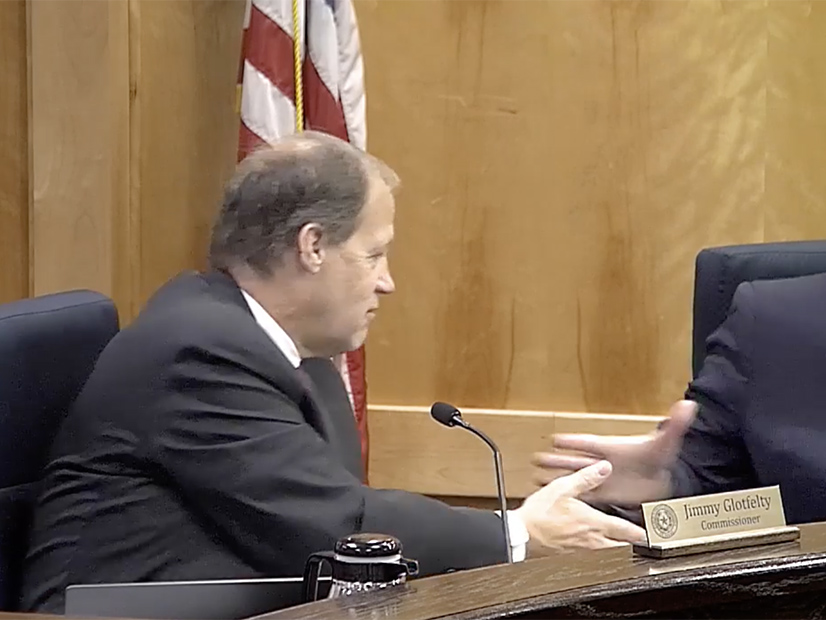Maryland last week became the 10th state to adopt the Advanced Clean Trucks rule, which sets targets for the delivery of zero-emissions medium- and heavy-duty vehicles that gradually increase every year.
The rule was pioneered in California, which has authority under the Clean Air Act to set its own standards for vehicles that other states can adopt. It was published in the Maryland Register on Dec. 15 and will become effective on Dec. 25.
The annual increases will end in 2035, at which point zero-emission vehicles would need to make up 55% of pickup truck and van sales, 75% of rigid/box truck sales and 40% of tractor-trailer sales.
“Transportation is the largest source of climate pollution in Maryland and a leading source of toxic air pollution that is hazardous to human health,” Maryland Sierra Club Director Josh Tulkin said in a statement. “Adopting strong clean vehicle standards will help put the state on track to meet its ambitious climate goals, reduce dependence on fossil fuels and improve public health.”
While they represent just 9% of registered vehicles, medium- and heavy-duty trucks and buses generate 39% of smog-forming nitrogen oxide (NOx), 48% of particulate matter (PM2.5) pollution and 21% of greenhouse gas emissions from all on-road vehicles in the state.
A group of businesses and environmentalists urged the state to start implementing the rule as soon as possible — starting with model year 2027 cars. The benefits of lower pollution from the rule are expected to create $19.8 billion in health benefits over the next three decades, avoid 1,800 premature deaths, 46,800 asthma attacks and 231,200 lost workdays, according to analysis by the American Lung Association.
Maryland’s General Assembly voted to adopt the rule this spring, and the Clean Trucks Act of 2023 was signed by Gov. Wes Moore (D) in April.
“The transition to electric fleets is beginning to take shape. State policies like the ACT rule create a foundation for an electrified future — one where a diverse array of electric vehicles are driving on our nation’s roads and a robust charging network is built out from coast to coast,” Siemens’ Ryan Dalton said in a statement. “By adopting the ACT rule, Gov. Moore has again established Maryland as a leader in America’s green economy — producing lower carbon emissions and less pollution — all while creating equitable economic benefits for its communities.”
The Swedish furniture firm IKEA said it’s committed to getting 100% zero emissions on its home deliveries, but it needs policies to help hit that goal.
“The ACT rule is vital to helping Maryland companies meet our climate goals to move away from dirty deliveries and toward a cleaner and more just economy,” said Steven Moelk, IKEA manger of retail U.S. fulfillment project implementation.
